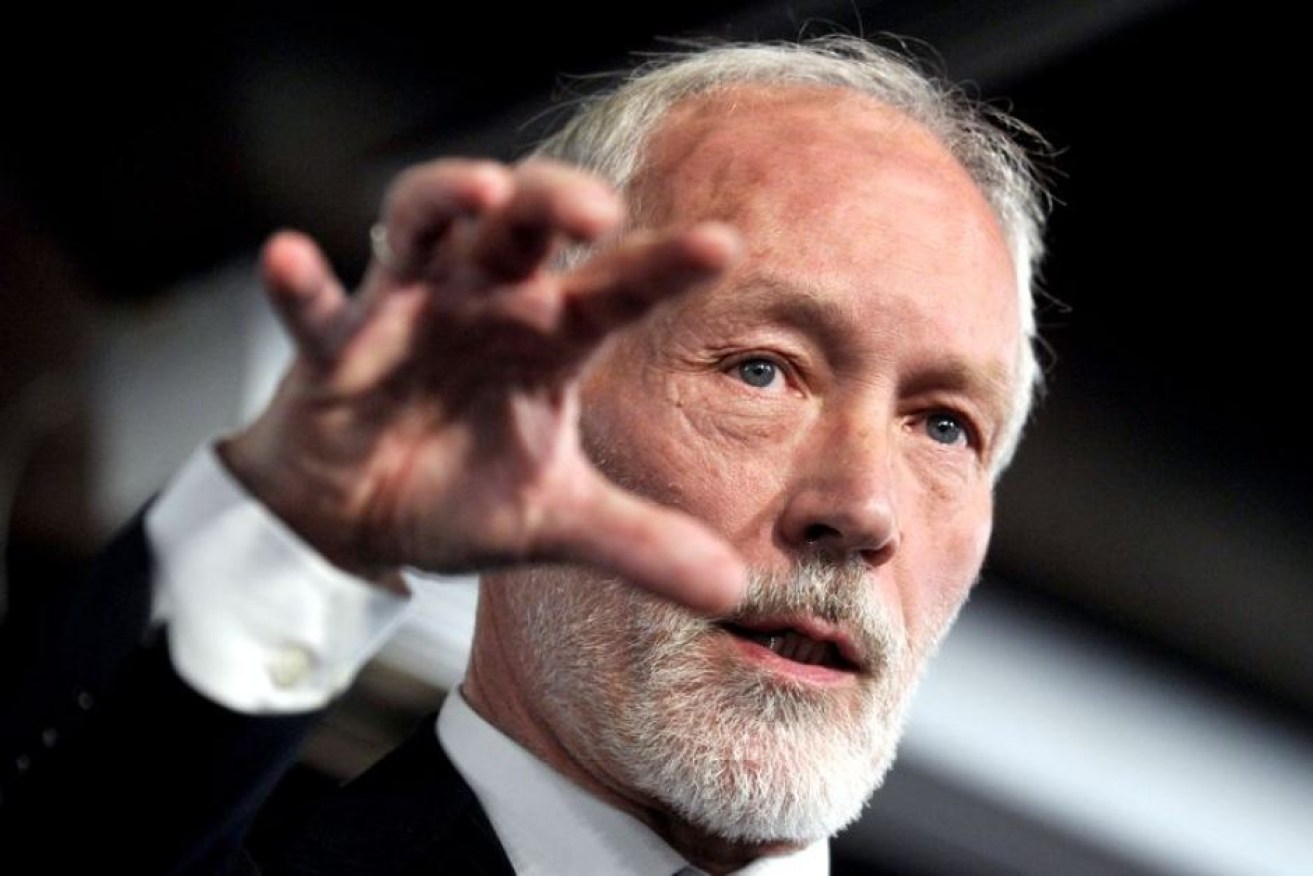Better mental health services might avoid need for drugs, crisis support
Millions of Australians could benefit – or be saved – through better targeted and delivered mental health services, according to the Productivity Commission.

Orygen executive director and former Australian of the Year Patrick McGorry (ABC photo)
In a report handed to the Morrison Government in July, and tabled in parliament today, the commission has outlined a blueprint for reform to unlock significant health and economic benefits.
The commission highlight two major gaps in current service delivery, the first reflecting the need to connect those who are at risk of mental illness, or currently on medication or in therapy, with services that are “low-cost, low-risk and easy to access”.
“More needs to be done to reduce barriers that prevent them seeking help, including reducing the stigma associated with mental illness,” the commission found.
“And more needs to be done to ensure people have easy access to a range of services — including more low-intensity services — and that they are supported to choose between them.
“We estimate that up to 500 000 people who are not currently accessing any services would benefit from greater access to low-intensity options. The same low-intensity options could also benefit many of the five million Australians who take mental health medication or access individual psychological therapy (or both) each year. These treatments dominate Australia’s community mental healthcare system. But we estimate that up to 40 per cent of people who access these treatments – up to 2 million people each year – may be better served by low-intensity options.”
The commission also acknowledged the “missing middle” of hundreds of thousands of Australians whose illness was too complex or severe to be treated by GPs alone but who were not sick enough to access specialist services.
“The large shortfall in clinical, psychosocial and bed-based services that affects this group has been well established and is widely accepted,” the commission found, quoting expert Professor Pat McGorry who warned it was “a huge blind spot, a devastating chasm in care that successive governments have never addressed”.
The commission highlighted the fact some people remain victims of the system, only qualifying for specialist care “once their mental health has deteriorated to the point of crisis, and even then they may well be provided with enough care and support to see the crisis through, but not enough to get better”.
Prime Minister Scott Morrison today gave a speech at one of McGorry’s Orygen centres in Victoria, and earlier flagged the need for he and Treasurer Scott Frydenberg to collaborate with stakeholders.
“One of the key things we’ve got to do here is work in this grey zone that exists between primary health, your GP and what happens in hospital, there’s a lot of shared responsibility to sit in the middle there,” Morrison said.
“And that is something that he and I are very committed to try and resolve. There’s a lot of good faith and goodwill to achieve that.”
The commission has called for mental health to factor into all sectors of society, from childcare and schools to the workplace and aged care, and for stakeholders to build a “person-centred mental health system” capable of preventing, recognising and better managing illness. It found psychosocial supports capable of helping individuals be more productive were hampered by inefficient funding mechanisms, with new processes required for assessing eligibility for income support payments.












